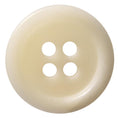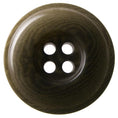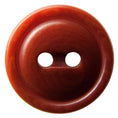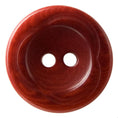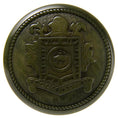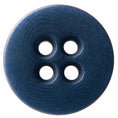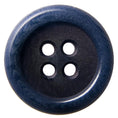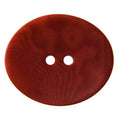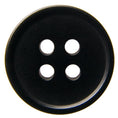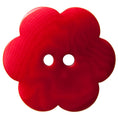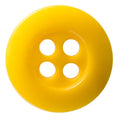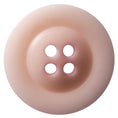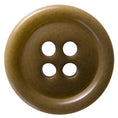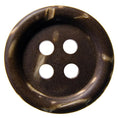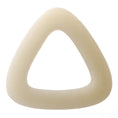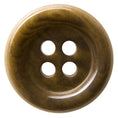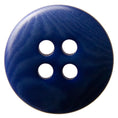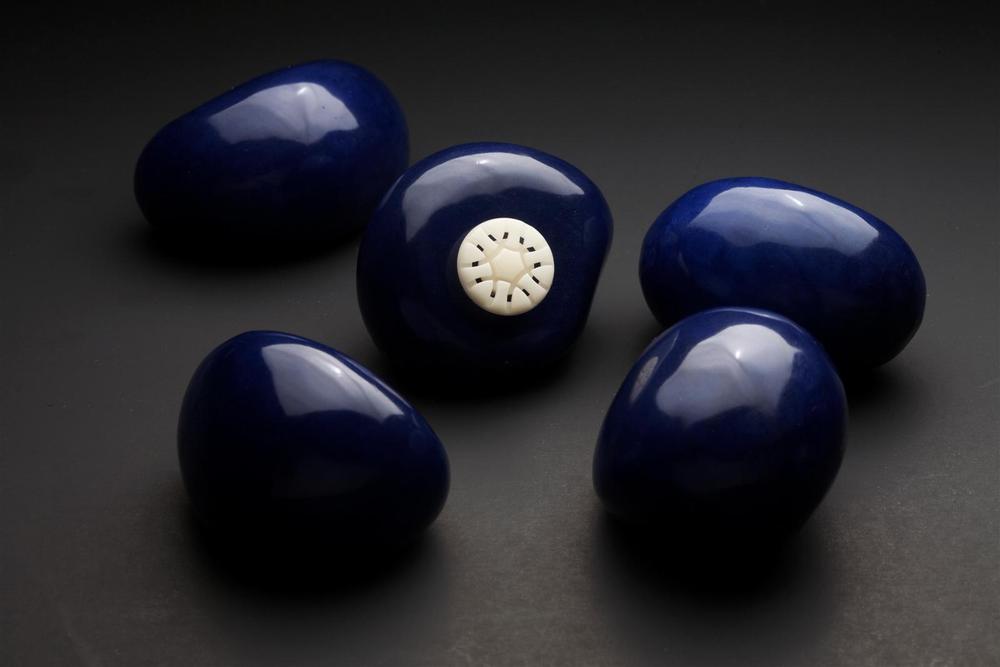Also known as tagua, corozo is a species of tropical palm found in northwest South America, starting north of Peru, all throughout Ecuador and Colombia, and southern Panama. The palm produces large fruits which contain seeds that are carefully collected, processed and used to make everything from artisanal figurines to high quality buttons.
Absolutely. corozo seeds can be collected only after they naturally fall from the palm. otherwise they are not ripe enough for button production. Corozo palms only grow in the wild, most often in areas unsuitable for normal farming and therefore corozo production does not lead to deforestation as many other types of farming does.
Corozo grows most commonly in remote areas of higher elevation. The process required to gather and transform these seeds from their original form into raw material is relatively simple, but it involves many steps. People with relatively little training can gather, prepare, dry, peel, cut, turn, grade and transport the seeds. Our process, which requires over five hundred thousand pounds of seeds every month, generates over one thousand full-time and part-time low-skill labor jobs in depressed and impoverished communities. These jobs help the communities to grow economically and prosper and, consequently, our button production increases the quality of life for the residents.

